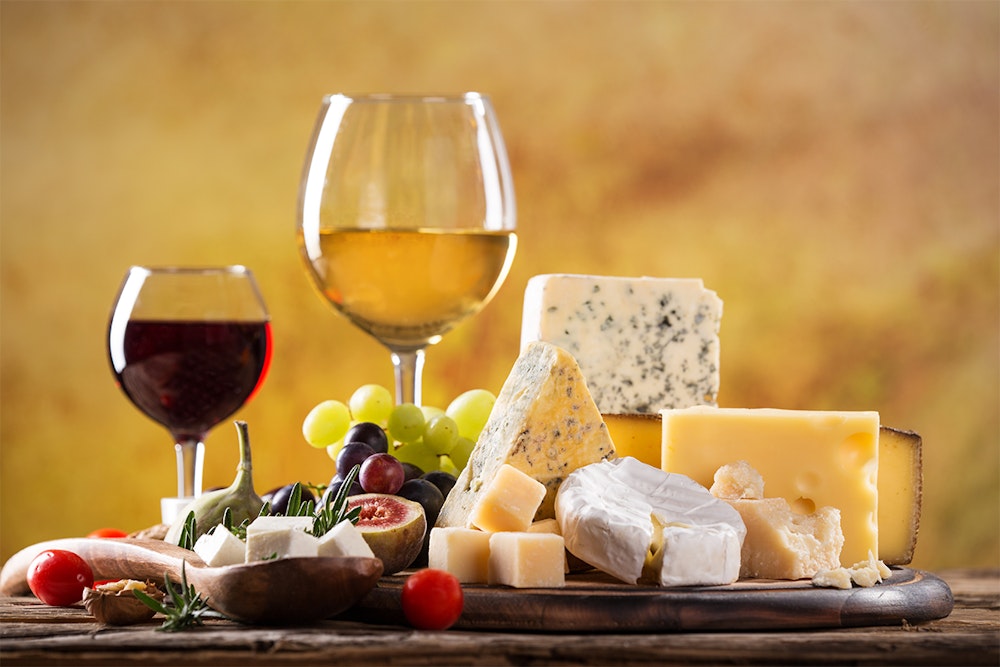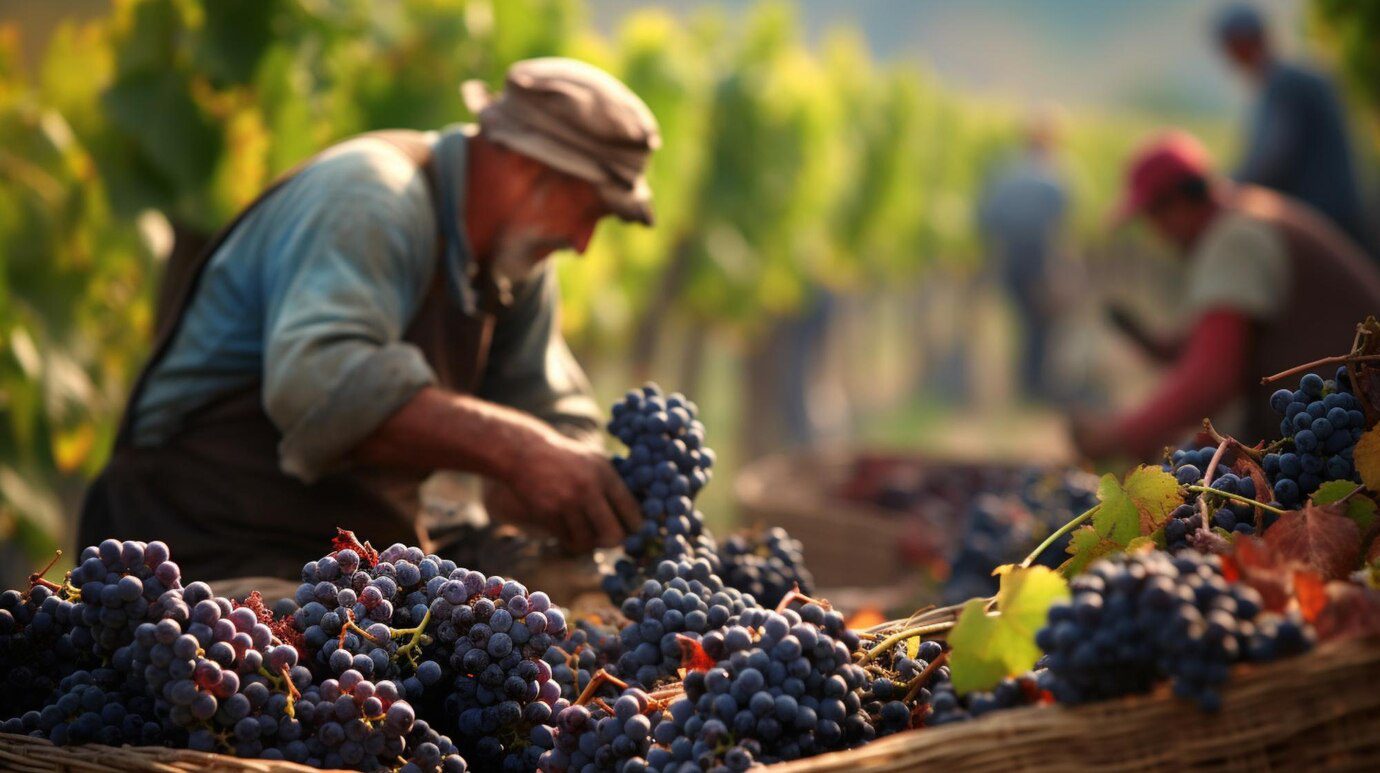Traditional Wine
Traditional wine, also referred to as mainstream wine, is usually made by employing synthetic pesticides, herbicides and fertilisers. These chemicals are used in order to increase the yields and to safeguard the vines against pests and diseases. Cyprus has a long history of winemaking, and many of the processes are still done traditionally from one generation to another. However, the use of chemical components like sulfites and sugars in the wines may be an issue for the environment and human health.
Organic Wine

Organic wine is wine that is produced from grapes that have been farmed organically, that is, without the use of synthetic chemicals. It focuses on ecological agriculture, where the use of compost and other natural enemies to control pests is encouraged. In Cyprus, there is a growing trend in the production of organic wines because consumers are now more conscious of the kind of wines that are being produced.
Organic wines need to conform to certification requirements that are different across the world. Though they may still be present, sulfites are usually present in lower concentrations than in normal wines. Organic wines are usually preferred by those consumers who are concerned with their health and the health of the environment.
Biodynamic Wine

Biodynamic wine is even more advanced than organic wine in that it also encompasses holistic and ecological ideas.
This method considers the vineyard as a natural environment where factors like the lunar cycles have to be considered in managing the vineyard. Biodynamic wines are slowly finding their way into Cyprus where winemakers want to capture the essence of their soils. Biodynamics does not allow synthetic chemicals and focuses on the application of natural substances to improve soil and vine vigour.
Such wines have a unique taste that is associated with the region where the grapes are grown, which is attractive to consumers who look for the link between wine and the ground.
Key Differences
- Chemical Use: Organic wines do not permit the use of synthetic chemicals that are used in the production of traditional wines. Organic wines are biodynamic but there are other principles to be adhered to as well.
- Sulfite Levels: Sulfites in organic wines are often less than those in normal wines, while biodynamic wines contain slightly more sulfites than organic wines but less than normal wines.
- Philosophy: While conventional winemaking focuses on efficiency and revenue, organic winemaking is all about the absence of chemicals in the process, while biodynamic winemaking is all about the interaction of the wine with the environment and even the cosmos.
Traditional, organic and biodynamic wines are distinguished by the different methodologies used in the vineyard and winemaking. These differences are important in defining consumer preferences as more people in Cyprus and other countries become more conscious of what they are consuming.





